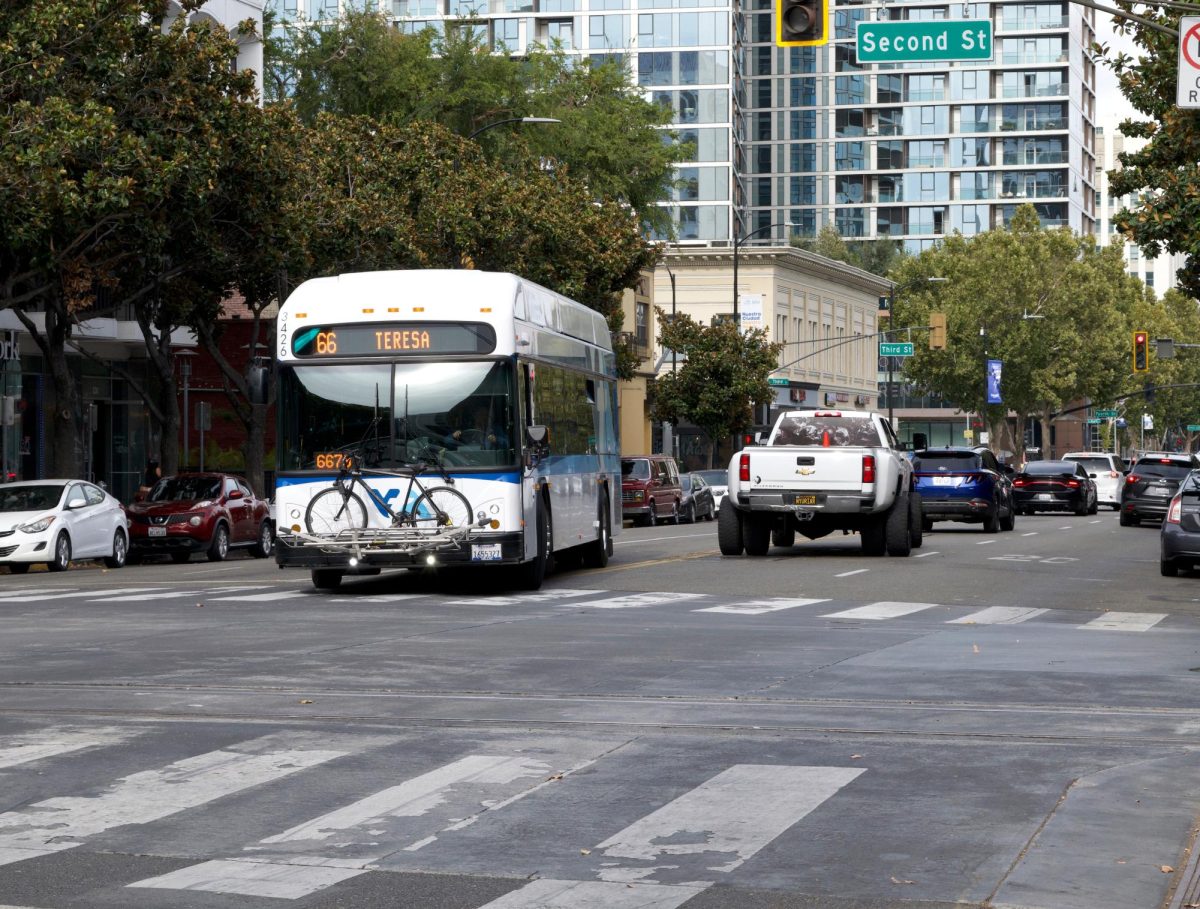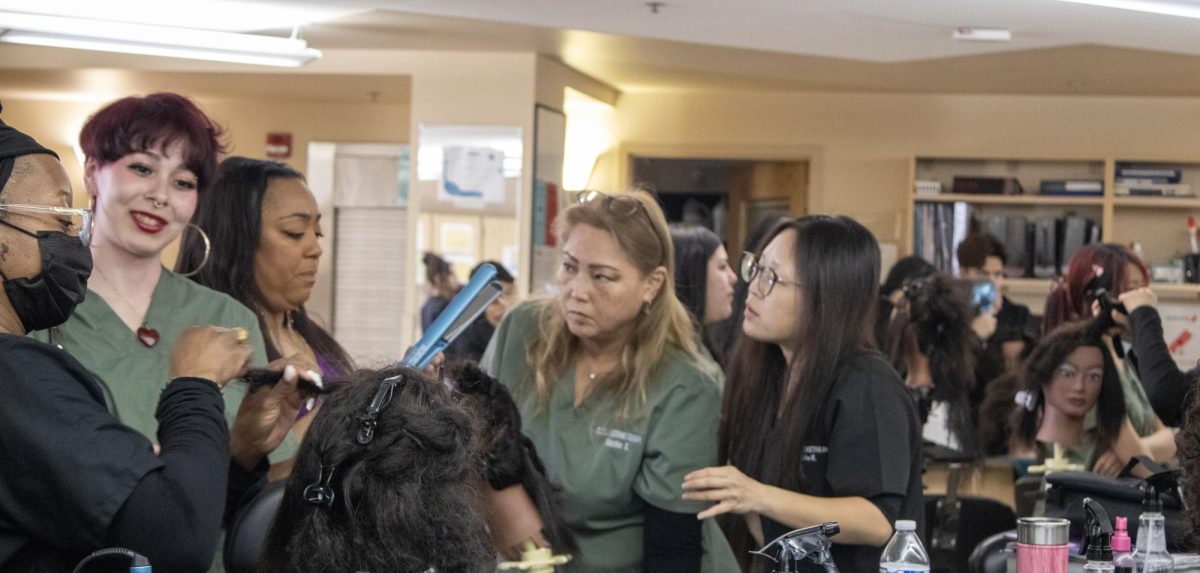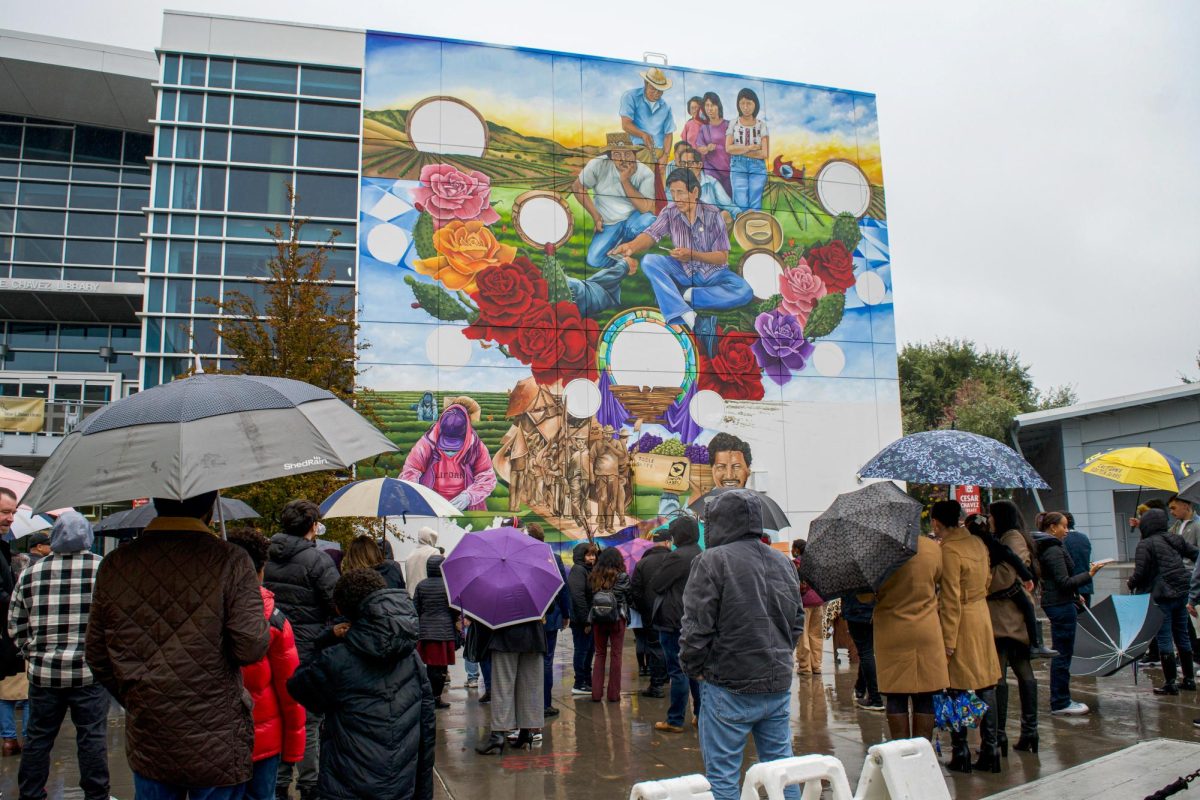The Associated Student Government of San Jose City College is trying to implement a law that they passed in January for the showers in the campus locker rooms to be made available to assist transitional students with unstable housing situations.
“It’s important that students know they’re not alone. We’re trying our best to help every student – including transitional students – so that they can focus on their education,” said Iriana Luna, 20, president of the Associated Student Government (ASG) at SJCC.
She said ASG is trying to implement this law as soon as possible. Petitioning for available showers on campus will result in one more resource, which can make life a little easier for those individuals in temporary housing situations. Cost of water and date of implementation are unknown, but the service will be included with tuition.
“I commend the people here (at SJCC). There are always resources and people who want to help out, but sometimes it’s just difficult to find those people. There are always opportunities,” said a representative from San Jose City College who wished to remain anonymous due to student confidentiality.
The definition of a transitional student on the SJCC campus is considered to be anyone who lost their housing, is living place-to-place, living in a trailer park, living in their car, or even living on a friend’s couch.
Many students without permanent homes don’t speak out about their condition, making it difficult to help those in need when statistics are impossible to cultivate.
“We need that service. We need those resources,” said anonymous representative from San Jose City College.
According to the Fall 2016 Resolution Disposition Packet of the Student Senate for California Community Colleges, the urgency for transitional students to gain access to both shower facilities and washrooms for their clothing was recognized.
The awareness of resources and information is important to pass onto students who potentially need assistance; they can contact counselors for additional information. San Jose City College already offers several opportunities for those in need, including EOP&S, the Guardian Scholars Program, and donations from Second Harvest Food Bank.
According to the Center for Postsecondary and Economic Success, almost 60 percent of students at community colleges nation-wide are financially independent of their parents, but 41 percent of them earn less than $20,000 yearly. This low annual income means that basic needs are barely met and school cannot be a priority due to working one or more jobs.
“More than a quarter of a million people rely on Second Harvest for food every month. To give you some perspective, that is the equivalent of three and a half sold out crowds at Levi Stadium,” Diane Hayward, PR and Media Relations at Second Harvest Food Bank, wrote in an email.
Thanks to Second Harvest, the 2nd Friday of every month opens the Just-in-Time Mobile Food Pantry to students with an annual income below $23,540. Located in the Auxiliary Gym from 10:00am-11:30am, the next opportunity for this service is available March 10th, 2017.
According to the Center for Postsecondary and Economic Success, more than 90 percent of students earning $28,356 or less annually, at both full-time and independent status, have unmet financial needs. The implementation of open shower-use on campus will contribute to the services already available for those with unstable conditions.
“It would be great if (transitional students) could get involved in the planning and giving of input on these issues. That would be amazing,” Luna said.






